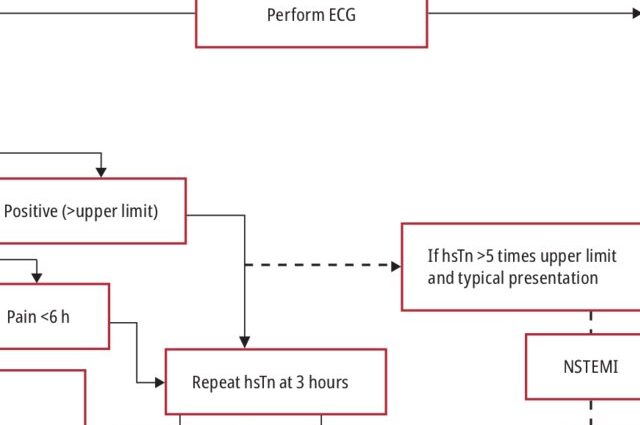Contents
Angina in a pregnant woman, consequences; what can pregnant women with angina
Angina is a serious disease that is dangerous for its complications. With improper or untimely treatment, angina in a pregnant woman can provoke malformations of the placenta and the fetus itself, and even termination of pregnancy.
Why is angina dangerous for a future mother and her baby?
Not every disease in which a sore throat is sore can be called a sore throat. Angina, or acute tonsillitis, is an inflammation of the adenolymphoid tissue of the pharynx caused by an infection. Most often, bacteria – streptococci and staphylococci – become the cause of the development of inflammatory and purulent processes on the tissue of the tonsils.
Angina in a pregnant woman should be treated exclusively under the supervision of a doctor.
The symptoms of sore throat are considered to be:
severe cutting pain in the throat that makes it difficult to swallow, speak and even breathe,
temperature rise to 39-40 degrees,
enlargement and soreness of the cervical lymph nodes,
weakness and general malaise.
Angina is dangerous for its complications: an overly strong immune response of the body to pathogenic bacteria can cause damage to the heart, lungs and kidneys.
Intoxication of the body caused by the disease is the main danger to the fetus. But wrong treatment is no less dangerous: taking some antibiotics, especially in the first months of pregnancy, can cause gross malformations of the fetus and provoke a miscarriage.
To eliminate the negative consequences of sore throat, a pregnant woman should, at the very first symptoms, seek help from a doctor and in no case self-medicate.
Angina during pregnancy: what can and cannot be done for a future mother
Prevention is the best way to prevent disease from developing. If someone close to you is sick, you need to protect yourself with a mask, ventilate the room more often, and also use individual dishes and hygiene products.
If, nevertheless, you get sick, immediately seek help from a doctor and in no case do not prescribe medication to yourself.
The specialist will prescribe antibiotics that will not harm you and your baby, and also explain how to reduce the high temperature.
What can pregnant women with angina?
Gargle as often as possible with decoctions of chamomile, sage or antiseptic solutions – chlorhexidine, furacilin or miramistin.
Drink plenty of warm, but not hot, liquid.
Reduce the temperature by rubbing with water, linden decoction or vinegar solution.
In no case should you:
Postpone the visit to the doctor and self-medicate.
Take any medication not prescribed by your doctor.
Take hot foot baths.
Make warming compresses.
Take care of yourself and your baby, see a doctor at the first sign of discomfort in order to exclude the possibility of negative consequences.










